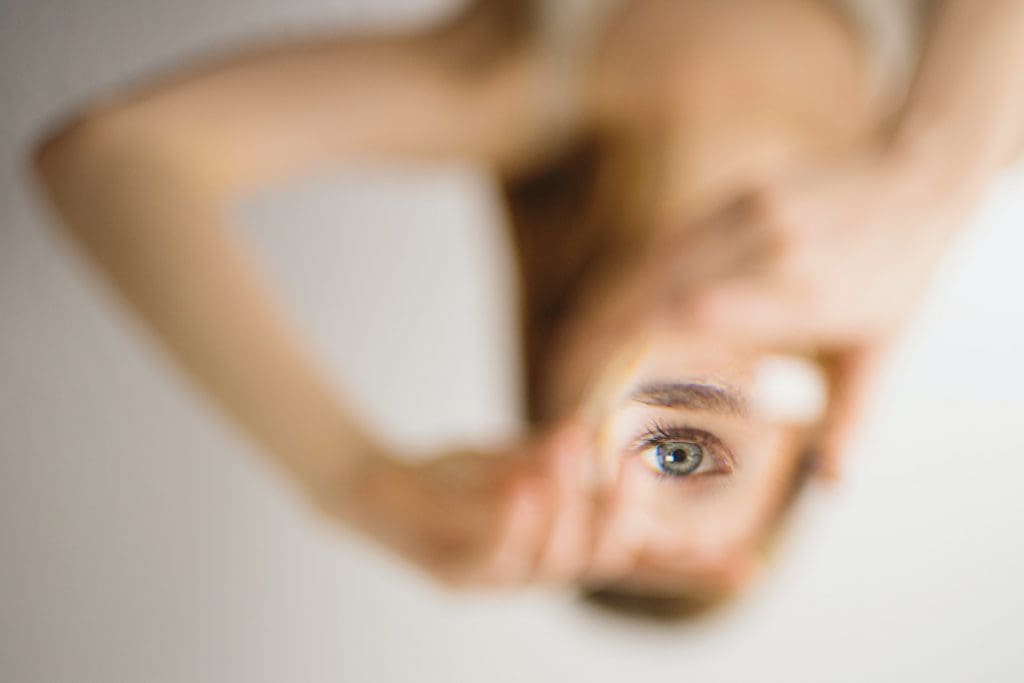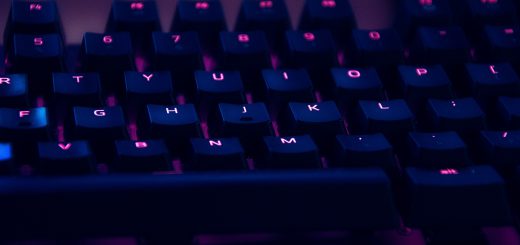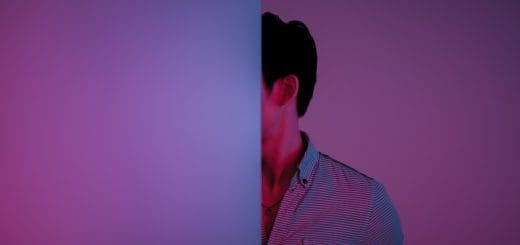Unfiltered
You’ve likely heard the phrase over and over again: don’t believe everything you see on social media. This could apply to pretty much everything online, from the content that people choose to post, how they choose to post it, what they include and leave out, and who they choose to share it with.
One of the most common ways that people “hide” things on social media is through beauty filters. You’ve most likely used filters before – and there’s nothing wrong with them most of the time! Filters are, at a simple level, some sort of editing feature that alters whatever image or video that you’re trying to capture on your device. Think of them as pre-made Photoshop features that someone has already developed for you. The now “classic” filters include the vomiting rainbow and puppy filters that originated on Snapchat years ago. You may have used a filter that has put your (or others’) faces on a dinosaur, or caused snowflakes to fall around you for a wintertime Instagram story. Vintage filters have been popular recently that let you look like you recorded your videos on a 90s style camcorder, or alter your photo so it looks like it was taken on a polaroid.
And while filters may seem harmless, there’s been a growing concern for how many beauty filters are out now. Instead of silly, bright, and outlandish features like a dancing hotdog that you likely won’t see in real life, beauty filters alter one’s appearance, most of the time marginally, so it looks like an “updated” version of what they look like. Snapchat, Instagram, and TikTok all include filters that give people the option to have freckles, different color eyes and hair, or putting on makeup that they don’t physically have on. Zoom even has options to “enhance” your appearance and how others see you on screen.

While this is already concerning in how people, especially young girls, see themselves and how they think they should look (you can read more about that here and here), many are starting to criticize how these filters promote certain beauty standards over others. Most beauty filters slim down the face and features like noses, for example, and many lighten skin tones and whitewash those who have darker skin tones.
Overall, most people find beauty filters concerning, but experts still say there’s a link between those who seek professional plastic surgery and those who want to look better in selfies and like the filters they use. It’s not uncommon at all to feel negatively affected when you see other’s posts and if they look really good, and feel really bad about your own selfies and pictures of yourself, but it’s also important to remember that 99% of the time, there is some sort of editing done on that photo. And while that’s almost easier said than done to remember and even feel better about, it’s also a reminder that no matter who anyone is or what they naturally look like, we all feel pressured to look a certain way. It’s okay to use filters, but at the end of the day, we have to remember that not only do we not look like that, that kind of look is achievable on almost no one.
Do you use beauty filters? Do you enjoy using filters in general? How do you think the use of filters has affected you and your use of social media?




Recent Comments